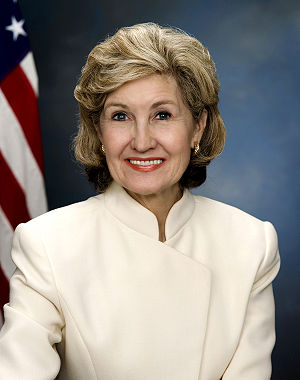No doubt the President’s proposals for deficit reduction will start rumors about Medicare cuts, but keep in mind that so far what he is talking about is for future beneficiaries starting six years from now – long enough for Congress to mess things up again. Less than two years ago Congress expanded Medicare in several ways while claiming to reduce costs, now we are talking about cuts in Medicare to reduce the deficit. During the health care debate cutting fraud and waste was going to save Medicare, now cutting fraud and waste again is going to save the country.
Exactly how much fraud and waste is there? And by the way, who designed this massive bureaucracy that apparently is unable to manage fraud and waste in the course of doing its business? Politicians are proposing new laws to accomplish what we have been paying people to do since 1965. If this was the real world people would be fired rather than making political hay out of this great fraud revelation.
The truth is Medicare needs to operate more like insurance companies rather than forcing insurers to act more like a government bureaucracy.
To add more logic to the mix, the President will not consider any cuts affecting the middle class unless the wealthy pay their fair share. How does having a billionaire paying more in taxes thereby allowing cuts for the middle class help the middle class? Politicians surely have their own logic and language.
What we are seeing is more of the same piecemeal approach to taxation and budgets rather than stepping back and doing a complete tax overhaul that does assure fairness. In fact, what has been proposed will make the entire system more complex and costly to administer. Take this idea for example.
“A surcharge on Medicare Part B premiums equivalent to about 15 percent of the average Medigap premium for new beneficiaries that purchase Medigap policies with particularly low cost-sharing requirements, starting in 2017. This proposal will save approximately $2.5 billion over 10 years.”
Although the savings are speculative, this simply means that if you buy supplemental coverage for Medicare that insulates you from most cost sharing (deductibles and coinsurance) thereby eliminating your incentive to care about costs and driving up your demand for services, you pay more. Okay, Medicare beneficiaries should not lower their out-of-pocket costs just because they turn 65. I’ve written about that concept before. If you had a deductible and coinsurance before being enrolled in Medicare, why not after becoming a Medicare beneficiary? Actually, taking all things into consideration, such coverage is probably not in most seniors best interest anyway.
However, the point is rather than a complex surcharge system why not simply prescribe the type of Medigap that can be sold and thereby address the problem. This is only the start of the debate of course, but simple, logical solutions are in short supply.
The President’s proposal also seeks to freeze the income thresholds where higher Part B premiums begin. The freeze would be extended until 25 percent of beneficiaries pay higher premiums based on higher gross income. Remember the good old Alternative Minimum Tax that was implement because 200 people escaped paying income tax? Now because of no inflation adjustments the ATM affects millions of middle class Americans, here we go again. Twenty-five percent of Americans who are on Medicare is a lot of people, probably including you.
Nobody is going to escape the pain of all this, but it would be nice to hear the truth. It would also be nice to see a broad strategy addressing the fundamental problems rather than piecemeal changes designed more for November 2012 maneuvering than problem solving and true fairness.




Recent Comments